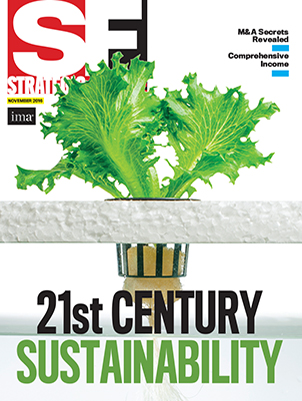Section 956 of the Dodd-Frank Wall Street Reform and Consumer Protection Act generally requires those agencies to jointly issue regulations or guidelines that would discourage financial executives from taking risks with an eye toward increasing their compensation. Institutions with assets of less than $1 billion are exempt from the provision.
The agencies issued a proposed rule in 2011 and then jettisoned it after it was heavily criticized. The repurposed rule the agencies issued in June hasn’t satisfied anyone either. Americans for Financial Reform, allied with labor unions and consumer groups, supports many elements in the proposed rule but says there are “critical loopholes in the specified deferral and clawback requirements which will significantly undermine” the rule. Financial companies and their trade groups are attacking the proposal from different angles.
Hu Benton, vice president of banking policy, American Bankers Association, complains the proposed rule has too many proscriptive features. “Many of these features fail dramatically to take into account the highly individualized risk governance policies and procedures of covered institutions, including the elements of their compensation plans that, over time, are reviewed for alignment with their risk profiles,” he argues.

November 2016



